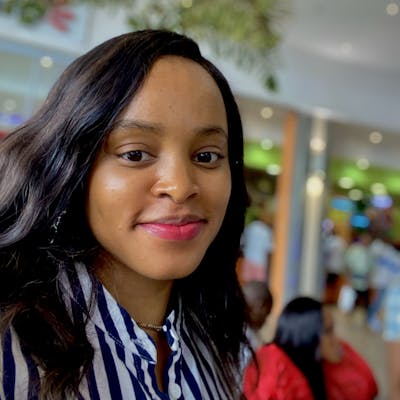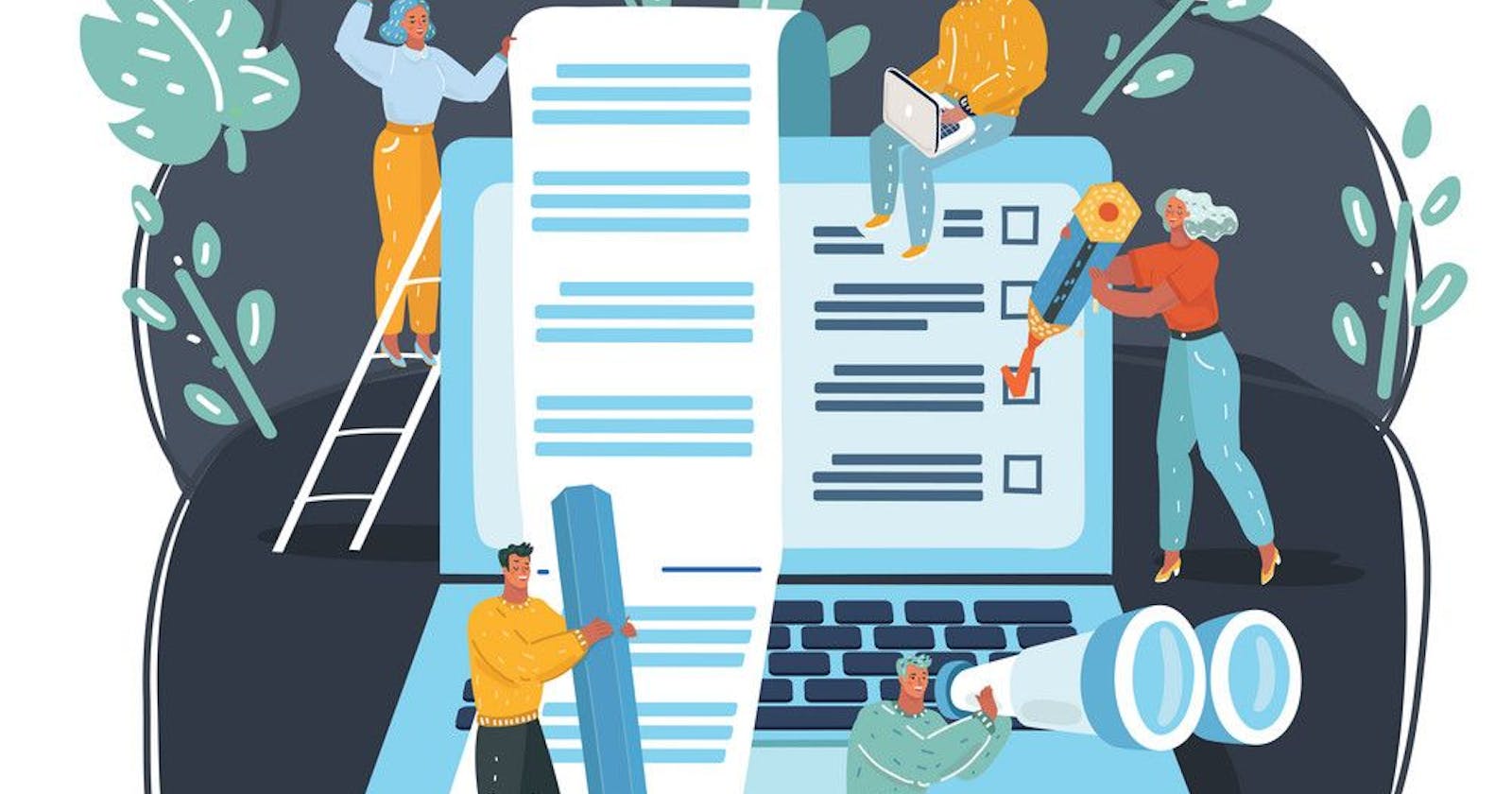The world is evolving and new doors of opportunities are opening especially in the tech world. Computer programming is one of the most sought after careers today. Across multiple industries, the need for these skills and its positions are one of the most-in-demand positions.
As overwhelming as it seems to start learning to program from scratch, we would have lots of fun learning to program step-by-step.
This article will cover:
- Programming 101
- Programming language
- Guide to learning programming language
- what next?
Programming 101
What is programming?
Programming is a basic communication between human input and machine output. It is the way that a computer knows how and when to process data. It is a way we develop a complex program that works according to our wishes.
What is coding?
Coding is the act of writing commands in a language that your computer can understand. Think of your code as a translator between English (or what other language you speak) and Binary. You see computers do not understand English, it only really speaks Binary.
What is hardware and software?
Computer hardware is any physical device used in or with your machine, whereas Software is a collection of programming codes and instructions installed on your computer's hard drive.
While you can hold hardware(it is physical), you can't do same for software(it is virtual).
Example of hardware- monitor.
Example of software- Microsoft Word.
What is Front-end ? What is Back-end ?
Front-end Development focuses on the part that the users interact with (everything that you see when you’re navigating around the Internet, on your screen). This involves designing, layout, application debugging and coding for user experience. Front-end developers are the people who build websites and Web applications. Most popular Front-end languages are HTML, CSS and JavaScript.
Back-end Development focuses on everything that makes the front-end possible. It entails all about how a site or application work, how it functions and communicates with databases (where data is stored). Languages Back-end developers use includes: Python, full-stack JavaScript, Ruby and PHP.
We also have: Full-stack Developers, Mobile Developers too.
Programming Language
Having said all that, let's discuss what you need to learn to become a programmer. Just as we have different human languages to communicate, we also use programming languages to communicate with a computer.
A programming Language is a formal set of notational and rules. They generate instructions and implement algorithms based on already set rules of the particular language in use.
There are a lot of programming languages serving various purposes. I will list some of the most popular programming languages.
- JavaScript
- Python
- Java
- C
- C++
- C#
- Go
- PHP
- Swift
- R
- Dart
- Kotlin
A step-by-step guide to learning programming
1. Pick a career goal: Have a clear set out goal and be able to answer the question 'why?' It will be much easier for you when you know your 'Why' and your set goals. Look at the different careers of software developers and see what strikes you the most, gives you an idea on what path to follow.
2. Choose a programming Language:
1. Front-end Web Development:
- JavaScript
- Elm
- TypeScript
2. Back-end Web Development:
- JavaScript
- Python
- Go
- Ruby
3. Mobile Development:
- Dart
- Swift
- Java
- Kotlin
- JavaScript
3. Choose the best learning platform: You could learn programming in a lot of different ways: at a university(though you can become a topnotch programmer without a fancy university degree), Bootcamp or online courses.
4. Get the right text editor: To start programming, you need to start practicing and you will need an editor to write your codes. A few popular ones includes;
- Visual Studio Code
- Atom
- Notepad++
- Brackets
- Sublime Text
5. Master your programming language: Master your skills by practice and more practice.
6. Work on a personal project:
- Solidifies your knowledge
- Gives you confidence
- Track your progress
- Build your portfolio
7. Join an online community: One of the great things about learning programming is the free firm support. Read blogs, write blogs, attend meetups, tech-twitter community and others.
8. Keep exploring: Programming is a life long journey, so keep evolving.
9. Continue learning: You will never get to the point where you know everything, so keep learning!!!!
What Next?
Start your journey today and get familiar with this world. Happy learning!

